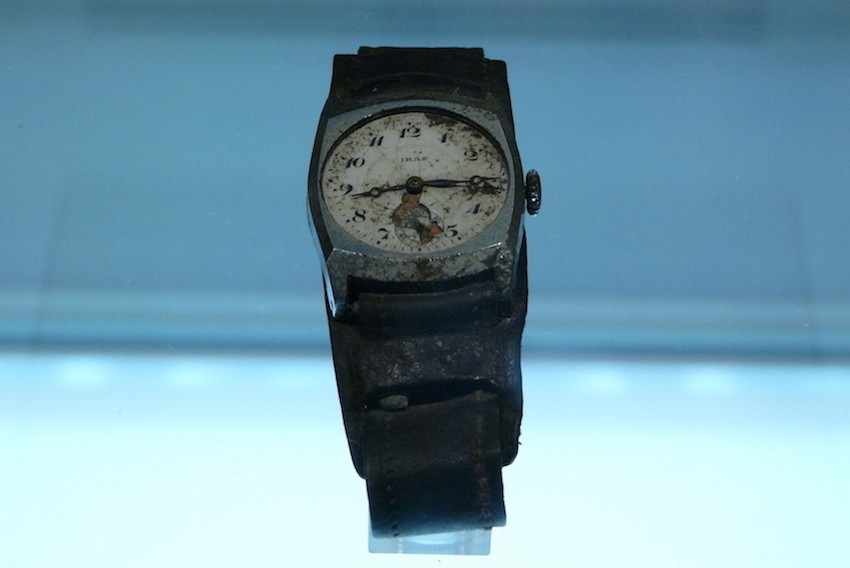Obama visit to Hiroshima shouldn’t overlook Japan’s WWII atrocities
Despite leaving the world an unsafer place than when he found it, President Barack Obama isn’t shying away from busting those foreign policy taboos. The president who brought us a nuclear deal with the Iranian mullahs, and who gave Cuba’s fossilized communist regime a new lease of life, is about to fly to Japan. Once there, he will highlight the grave dangers of nuclear war in the city that has become a synonym for Armageddon: Hiroshima.
On May 27, Obama will become the first president to visit Hiroshima since the U.S. dropped an atomic bomb on the city on Aug. 6, 1945, claiming up to 150,000 lives. On Aug. 9, a second bomb hit Nagasaki, killing up to 80,000 people. As a result, the war in the Pacific against the Japanese Empire ended with Tokyo’s full surrender just six days later.
The human toll was dreadful and the attacks on Japan remain the only concrete example we have of the kinds of horrors that are visited by nuclear weapons. In that sense, the Hiroshima and Nagasaki bombings urge both grief and moral reflection.
It’s expected that Obama will use his trip to Hiroshima to repeat the recent call of his secretary of state, John Kerry, “to create and pursue a world free from nuclear weapons,” issued during Kerry’s own visit to the Japanese city last month. There has been much debate over whether Obama will offer an explicit apology for Hiroshima. For whatever it’s worth, the White House is currently denying that the president will do so.
Yet the very prospect of Obama’s presence in Hiroshima is troubling, because of the enormous distance he has put between his own foreign policy and that of many of his predecessors. Several commentators have correctly pointed out the rich irony of an American president presenting a chastened account of America’s wartime actions when, in our own time, Iran continues to pursue nuclear weapons and North Korea already has them. Not to mention that the threat of nuclear proliferation in the Middle East and East Asia looms larger now than ever before.

 47.0°,
Fair
47.0°,
Fair 




